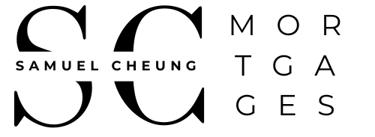The Big Question: Fixed or Variable?
Torn between fixed or variable? Read about when to pick each option.


Choosing between a fixed and variable mortgage rate is a pivotal decision for Canadian homeowners, especially in the current economic climate. With the Bank of Canada (BoC) signaling potential rate cuts, it's essential to understand how these developments impact your mortgage strategy.
As of April 16, 2025, the BoC maintained its key overnight rate at 2.75%, following seven consecutive rate cuts since June 2024. This pause reflects the BoC's cautious approach amid ongoing economic uncertainties.
Recent economic indicators present a mixed picture:
First-Quarter GDP Growth: Canada's economy expanded at an annualized rate of 2.2%, surpassing expectations. However, underlying components such as domestic consumption and government spending showed limited strength.
Inflation Trends: April's inflation rate slowed to 1.7%, primarily due to a decrease in energy prices. However, core inflation measures, which exclude volatile items like energy, remain elevated, complicating the BoC's decision-making process.
Labour Market: The unemployment rate rose to 6.9% in April, with significant job losses in the manufacturing sector, indicating potential economic softening.
Given these factors, market participants anticipate further rate cuts later in 2025. The BoC's upcoming decisions will likely depend on the evolution of inflation and economic growth.
How does this affect you today?
Fixed-Rate Mortgages: Locking in a fixed rate provides stability and predictability, safeguarding against potential rate increases. However, if the BoC continues to cut rates, borrowers with fixed rates may miss out on lower payments. Additionally, fixed-rate mortgages often come with higher prepayment penalties if you choose to break the term early.
Variable-Rate Mortgages: With rates potentially decreasing, variable-rate mortgages offer the opportunity to benefit from lower payments. However, they come with the risk of rate fluctuations. It's crucial to assess your financial situation and risk tolerance before opting for a variable rate.
As you decide, keep in mind other potential costs when selecting each option.
Prepayment Penalties: Fixed-rate mortgages often have higher penalties for early repayment, where penalties are charged on the greater of the Interest Rate Differential or 3 months interest. If you anticipate refinancing or selling your property before the term ends, these penalties can be substantial. Conversely, variable-rate mortgages have penalties of 3 months interest, making breaking your mortgage cheaper.
Porting Your Mortgage: If you plan to move before your mortgage term concludes, porting allows you to transfer your existing mortgage to a new property without incurring penalties. This option is commonly available with fixed-rate mortgages but many variable mortgages do not offer this option.
Still not sure which option is best for you? Reach out for a free consultation. We have a simulation tool that can help you visualize the cost difference for each option, taking into account different forecast simulations. Take the stress out of your decision and call us for professional, stress-free help.




